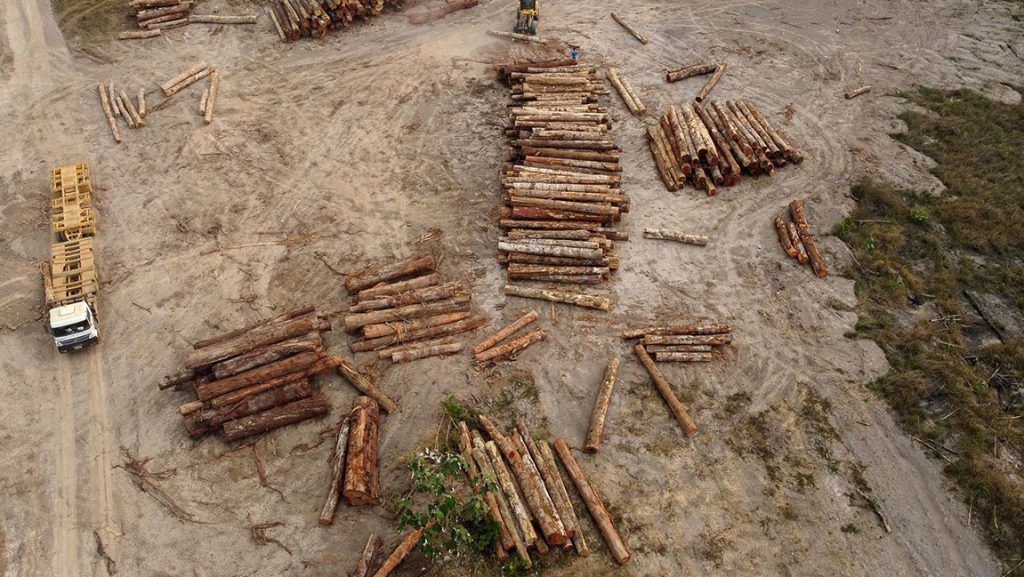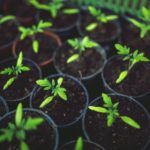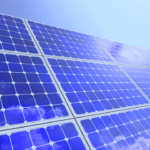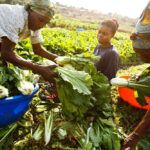The Council gave the final go-ahead to a regulation that aims to minimise the risk of deforestation and forest degradation associated with products that are placed on or exported from the EU market.

The EU is a large consumer and trader of commodities and products that play a substantial part in deforestation. The new rules aim to ensure that the EU’s consumption and trade of these commodities and products don’t contribute to deforestation and further degrading forest ecosystems.
Due diligence
The regulation sets mandatory due diligence rules for all operators and traders who place, make available or export the following commodities from the EU market: palm oil, cattle, wood, coffee, cocoa, rubber and soy.
The rules also apply to a number of derived products such as chocolate, furniture, printed paper and selected palm oil based derivates (used for example as components in personal care products).
Operators will be required to trace the commodities they are selling back to the plot of land where they were produced. At the same time, the new rules aim to avoid duplication of obligations and reduce administrative burden for operators and authorities.
There is also a possibility for small operators to rely on larger operators to prepare due diligence declarations.
The regulation sets a cut-off date for the new rules on 31 December 2020, meaning that only products that have been produced on land that has not been subject to deforestation or forest degradation after 31 December 2020 will be allowed on the EU market or to be exported from the EU.

EU, Latin America and Caribbean step up cooperation on environment |
Checks on products
The regulation creates a benchmarking system, which assigns a level of risk related to deforestation and forest degradation (low, standard or high) to countries within and outside the EU.
The risk category will determine the level of specific obligations for operators and member states’ authorities to carry out inspections and controls. This will facilitate an enhanced monitoring for high-risk countries and simplified due diligence for low-risk countries.
Competent authorities will have to carry out checks on 9% of operators and traders trading products from high-risk countries, 3% from standard-risk countries and 1% from low-risk countries, in order to verify that they effectively fulfil the obligations laid down in the regulation.
In addition, competent authorities will carry out checks on 9% of the relevant commodities and products placed, made available on, or exported from their market by high-risk countries.
The EU will enhance the cooperation with partner countries, in particular those classified as high risk.
Human rights aspects
The new rules also take into account the protection of human rights related to deforestation and a reference was added to the principle of free prior and informed consent of indigenous peoples.
Dissuasive penalties
The regulation includes provisions on penalties, which member states should ensure are effective, proportionate and dissuasive.
Fines proportionate to the environmental damage and the value of the relevant commodities or products concerned should be set at the level of at least 4% of the operators’ annual turnover in the EU and include a temporary exclusion from public procurement processes and from access to public funding.
More information: European Council






Leave a Reply